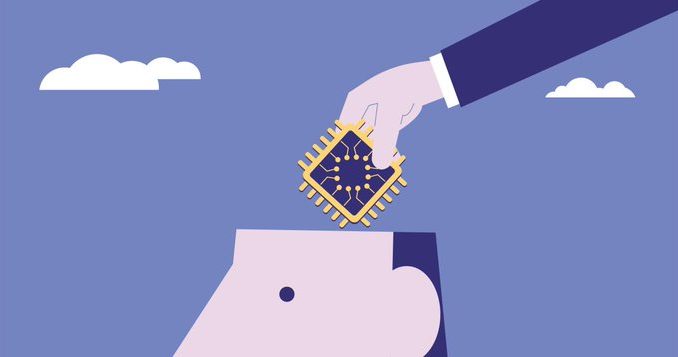
There is too much internet and our attempts to keep up with the breakneck pace of, well, everything these days — it is breaking our brains. Parsing through the deluge of inundating information hoisted up by algorithmic systems built to maximize engagement has trained us as slavering Pavlovian dogs to rely on snap judgements and gut feelings in our decision making and opinion formation rather than deliberation and introspection. Which is fine when you’re deciding between Italian and Indian for dinner or are waffling on a new paint color for the hallway, but not when we’re out here basing existential life choices on friggin’ vibes.
In his latest book, I, HUMAN: AI, Automation, and the Quest to Reclaim What Makes Us Unique, professor of business psychology and Chief Innovation Officer at ManpowerGroup, Tomas Chamorro-Premuzic explores the myriad ways that AI systems now govern our daily lives and interactions. From finding love to finding gainful employment to finding out the score of yesterday’s game, AI has streamlined the information gathering process. But, as Chamorro-Premuzic argues in the excerpt below, that information revolution is actively changing our behavior, and not always for the better.
If the AI age requires our brains to be always alert to minor changes and react quickly, optimizing for speed rather than accuracy and functioning on what behavioral economists have labeled System 1 mode (impulsive, intuitive, automatic, and unconscious decision-making), then it shouldn’t surprise us that we are turning into a less patient version of ourselves.
Of course, sometimes it’s optimal to react quickly or trust our guts. The real problem comes when fast mindlessness is our primary mode of decision-making. It causes us to make mistakes and impairs our ability to detect mistakes. More often than not, speedy decisions are borne out of ignorance.
